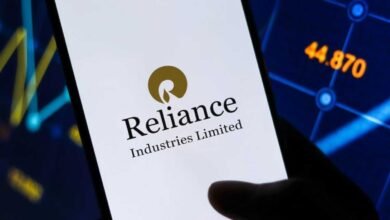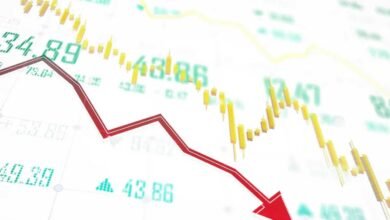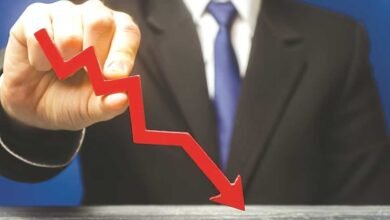Adani Wilmar Share Price Plummets Amid Stake Sale

Shares of Adani Wilmar witnessed a significant drop of 9% on January 10, 2025, hitting an intraday low of Rs 294 on the BSE and Rs 293.5 on the NSE. This decline came in the wake of an announcement regarding the partial stake sale by the company’s promoter, Adani Commodities, via an Offer for Sale (OFS).
The OFS, launched on January 10 for non-retail investors and scheduled for retail investors on January 13, 2025, involves the sale of up to 17.54 crore equity shares, representing 13.5% of the total issued equity share capital of Adani Wilmar. Additionally, Adani Commodities has the option to sell up to an additional 8.44 crore equity shares (6.5% of the total equity capital) in the event of oversubscription, taking the total sale to 20%.

The floor price for the offer has been set at Rs 275, which is approximately 15% below the stock’s closing price on the previous day, contributing to investor concerns and the sharp drop in share price.
This stake sale follows Adani Enterprises Ltd’s (AEL) announcement of its decision to completely exit from its joint venture with Wilmar International (Adani Wilmar). The exit is expected to generate over $2 billion, which AEL plans to reinvest in its core infrastructure platforms. As part of this deal, Wilmar’s subsidiary, Lence Pte Ltd, will acquire up to 31.06% of Adani Wilmar’s shares from Adani Commodities, further altering the shareholder structure.
In addition, Adani Wilmar is focusing on expanding its FMCG segment, capitalising on its strong foothold in the edible oil market. The company reported a 24% year-on-year growth in its FMCG business for the December quarter, which helped increase the share of food and FMCG in its overall volume to 20%, up from 10% in FY21. The share of food and FMCG in total revenues also grew to 9%, up from 5% in FY21, indicating significant progress in diversifying its revenue base.
Despite the positive growth in its FMCG business, the stock price is facing downward pressure due to the stake sale, which is seen as dilutive and is raising concerns among investors.











